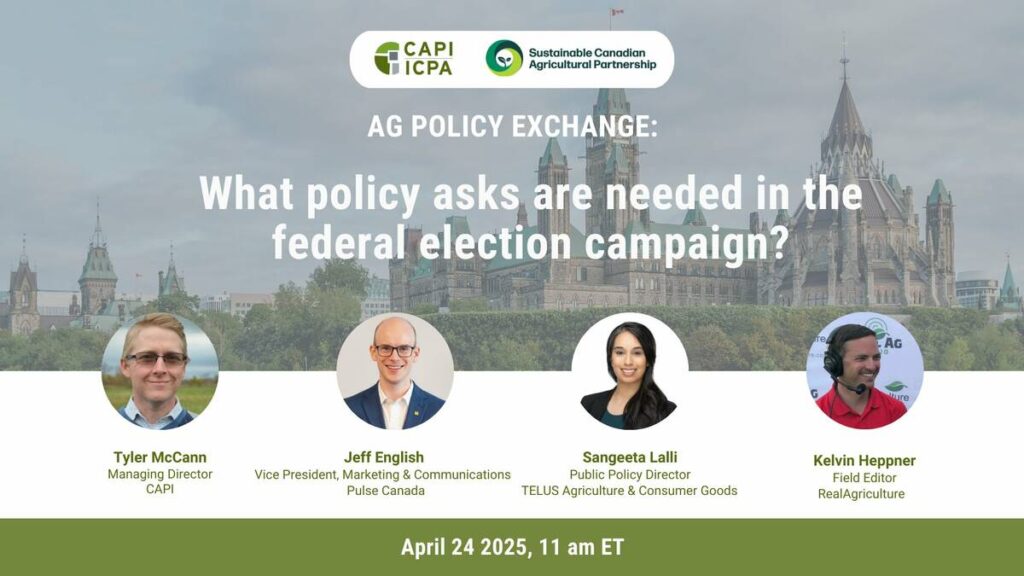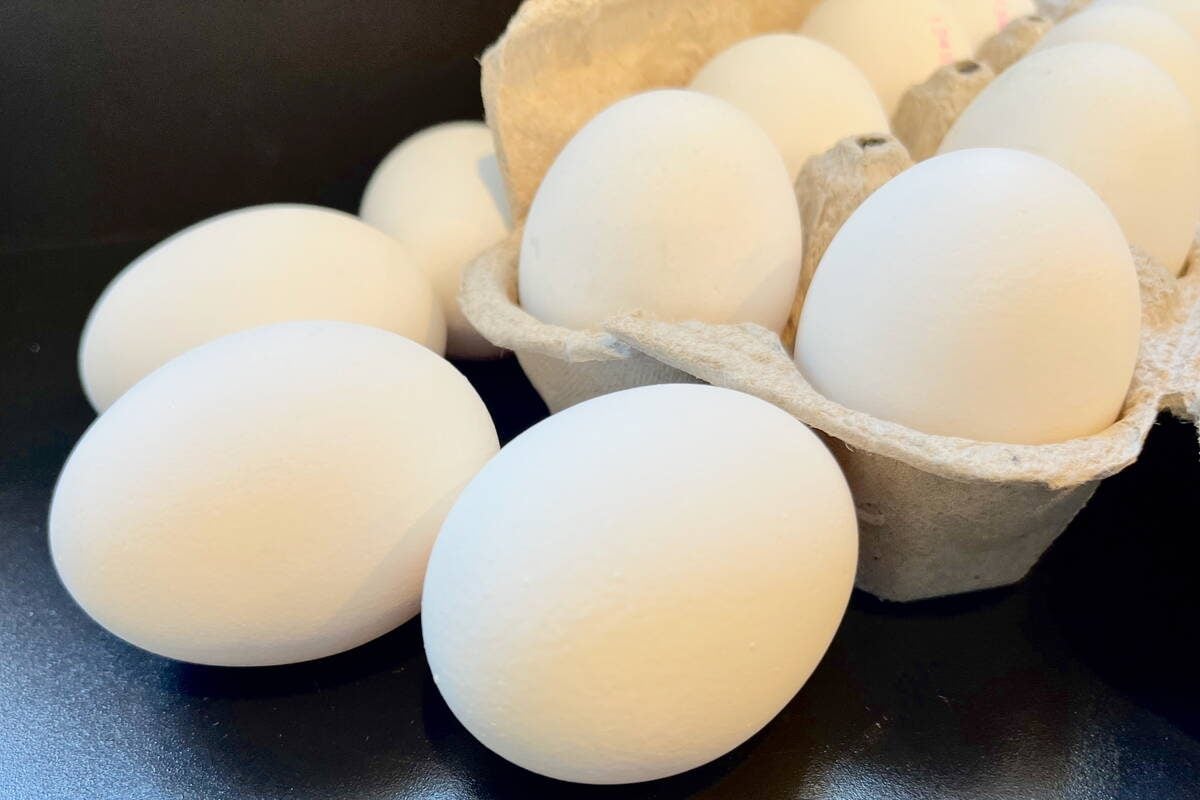Agricultural issues “quite dull,” lack resonance needed to fit into election platforms

It’s hard to bring attention to agriculture issues in political campaigns, though this year’s federal election is different, say experts.
Panelists at a recent webinar, “What policy asks are needed in the federal election campaign?” hosted by the Canadian Agri-Food Policy Institute (CAPI) explained the difficulty communicating the needs of farmers during election cycles, but also how 2025 is bringing agriculture’s top concern to the forefront.
Why it matters: the issues that matter most to Canadian farmers are often under-represented in election campaigns.
Read Also


OPINION: Canadian food self-sufficiency starts by empowering farmers
Canada’s egg farmers are looking to our leaders to show their strong support for the supply managed egg sector, which delivers stability and self-sufficiency to our food system.
The issues leaders make central to their campaigns are rarely agriculture-facing topics, said speakers.
Sangeeta Lalli, public policy director at TELUS Agriculture & Consumer Goods, said leaders may not attach themselves to issues that don’t resonate with enough Canadians.
“The first question to ask here is do Canadians care about the issue, and will your ideas for the agriculture sector impact the majority of farmers?” said Lalli. “Is it among the top three things that farmers will say that they care about? If not, it’s not getting into the election platform.
Lalli said if an issue is going to go in a policy platform, it needs to be easily communicated to the general public.
“If someone doesn’t understand what the policy is for, it’s taking up too much space in an election platform,” she said.
The Conservative party doesn’t often need to campaign hard on agricultural issues as many rural ridings tend to lean in their favour anyway, Lalli added.
Top issues for agriculture “can be quite dull,” said Jeff English, vice president of Marketing and Communications at Pulse Canada.
“Depending on the file, depending on the what’s happening in the world, there’s not a lot to go on or to report,” he said.
Even supply management — a regular topic of debate among Canadian politicians — is not a ubiquitous concern in the agriculture sector, and more regionally specific.
Panelists agreed, however, that the 2025 election campaign is unique since the top issue for federal parties is also one of the top concerns for Canadian farmers.
Tariffs and trade relationships have become the focus of campaigns ever since the first signs of trouble from U.S. President Donald Trump. They’ve also become one of the most important topics in agriculture; producers from all across the country listed them as a top concern in interviews with Glacier FarmMedia.
A recent CBC report showed Canada-U.S. relations as one of the top election concerns for Canadians nationwide.
“It’s the vision and the approach to Trump,” said Lalli. “That is what’s taking up most of the space this campaign.”
“At the end of the day, you need to respond to whatever Canadians care about during the campaign period. And right now, it’s the U.S. And anyone not talking about the U.S. and how to deal with President Trump is going to have a difficult time.”
She reiterated that any agricultural issues within the campaign must be relevant to a broader Canadian electorate, and trade and tariffs are relevant to both.
English said the “dullness” around agriculture tends to change when certain international issues are brought to the fore. He said the Trans-Pacific Partnership Agreement of 2015 was one such case. Trump’s tariffs are another.
“Many folks rely on trade of the United States to make their living,” he said, “and so there are certain things that are going to come to the head during election campaigns that are just unavoidable and beyond our control.”
Source: Farmtario.com


